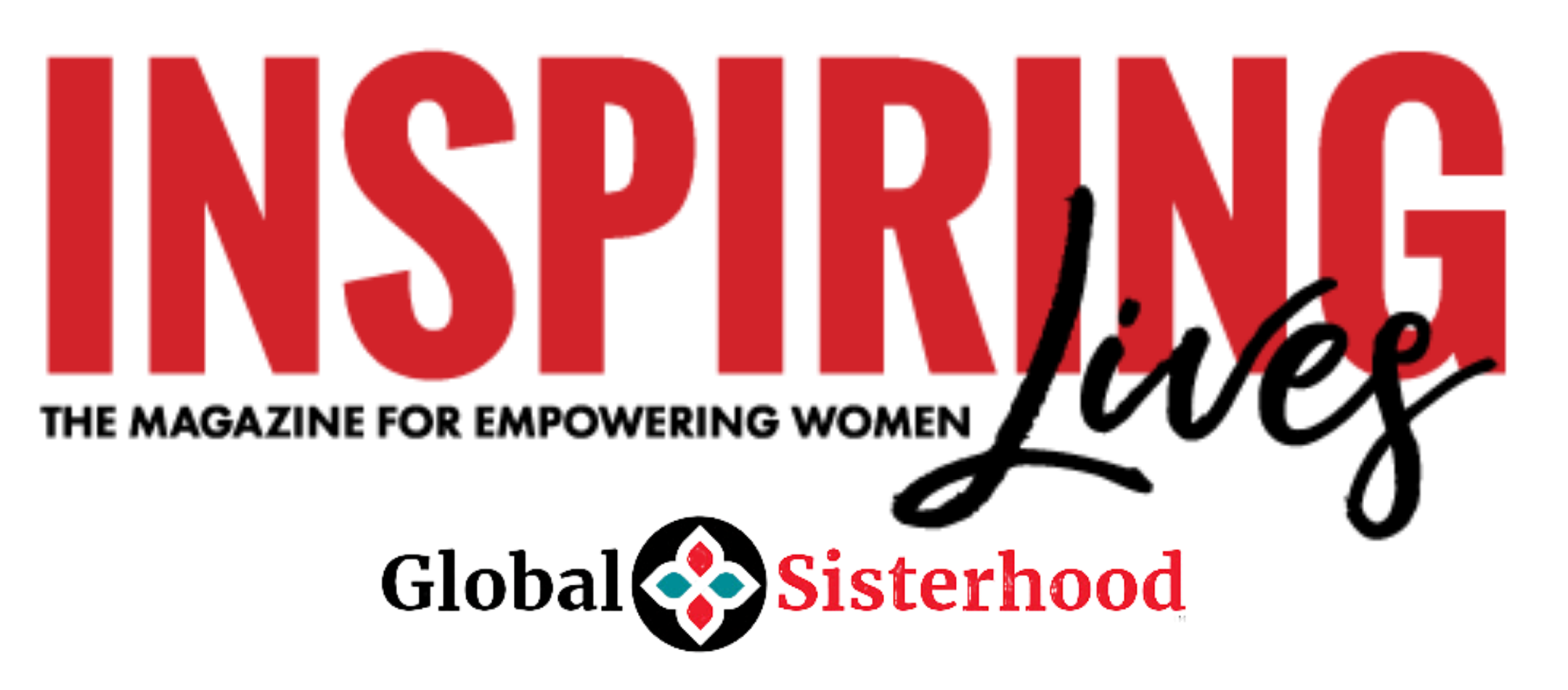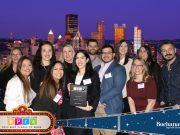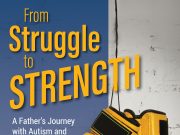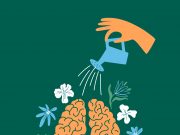What they say about becoming a mother is not true. It doesn’t just, “come naturally” the moment your baby is born or adopted. Learning to be a parent is a process, it’s not automatic.
Three things you need to know:
- You go through stages of development as a parent. It’s important to know what stage you’re in and what’s happening in each one. It begins in pregnancy, when you’re imagining what your baby will look like and how you’ll be as a parent. The subsequent stages are nurturing (birth to around 2), authority (age 2-5), interpretive (5-12ish), interdependent (adolescence) and the departure (18 years+). We move in and out of the stages and the way in which we parent will change over time.
- You need time (and grace) to learn. As a boss you would never expect a new employee to do their job perfectly at first. You’d start with orientation, then have a period of time where a seasoned employee would guide them as they learn the ropes. The mentor would demonstrate, oversee, give feedback and encourage the new hire through the process of learning. Why would you expect yourself (and your partner) to know how to do the job of parenting the moment you come home from the hospital? You need a time of orientation. During pregnancy, this looks like educating yourself, preparing and thinking through how to integrate a baby into your life. Then with birth comes on the job training. That’s how Savannah, one of my clients, describes it, “I wanted to know what to expect and how to prepare myself mentally and with my heart as well as what to expect with labor and breastfeeding before my baby was born. Birth School made me feel so much more confident. Even though I’m a brand new mom, I had thought through and prepared for so many things in the first weeks with him.”
- You need support. When you come home with a newborn, you need someone to nurture you too. You and your partner can work through this together. You can also find someone to help. A mentor can support you, answer questions, cheer you on and help with the challenges of breastfeeding, getting nights and days right side up and the emotional work of parenting. Plan in advance who your mentor will be.
The need for support doesn’t end after the first months. Find a community of moms to connect and grow with, in person is best but online will work. Look for like-minded, nonjudgemental, compassionate friends with whom you can talk through the challenges and joys of parenting.
When you understand your child’s development, what they are able to understand and do at each age, you don’t expect them to do more than they can.
When you understand the process of becoming a parent, you’re able to shun the voices that say you have to be perfect. You get comfortable in your own skin and learn to trust your instincts.
Because guess what? There’s no perfect parent – just really good ones.
That’s you, when you put your mind and heart towards learning all you can and staying curious about your child, yourself and your partner’s continual growth journey.





































